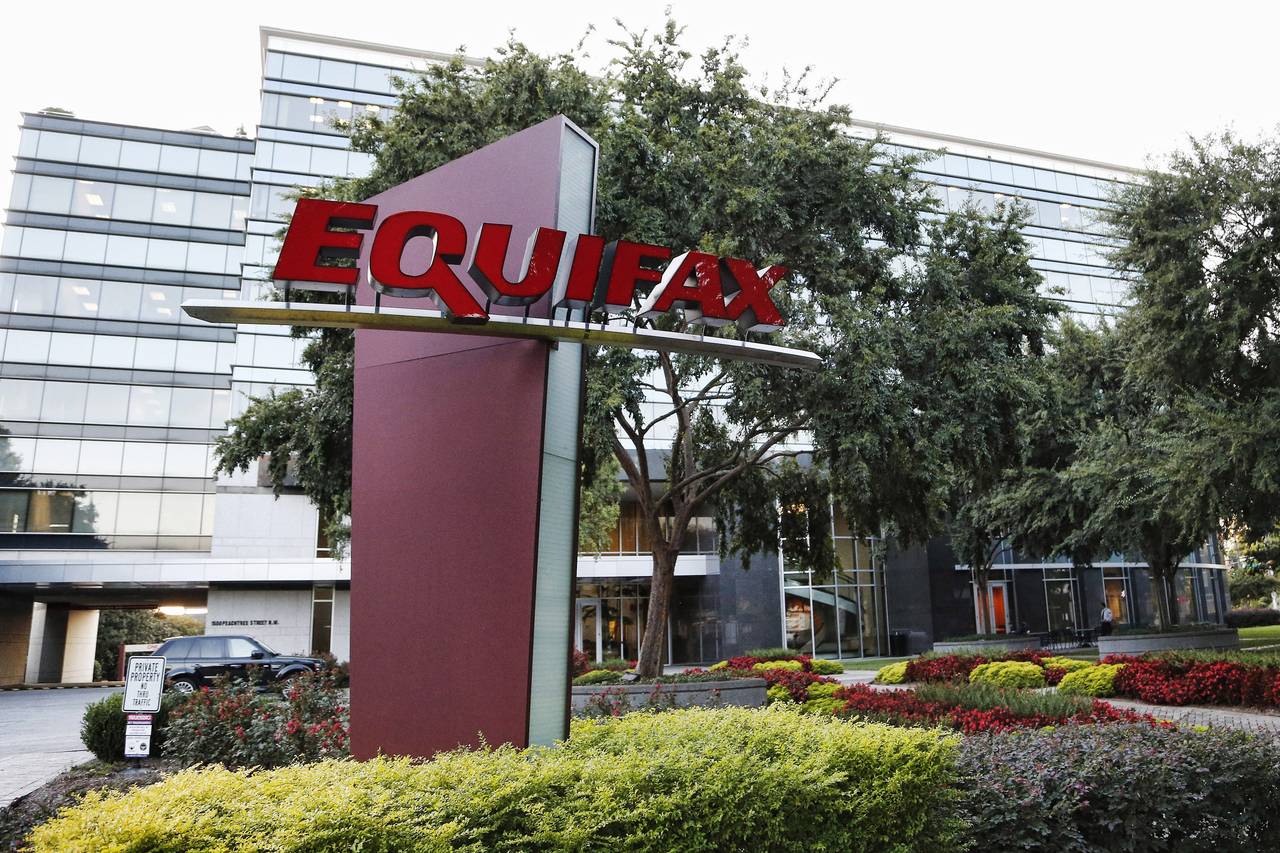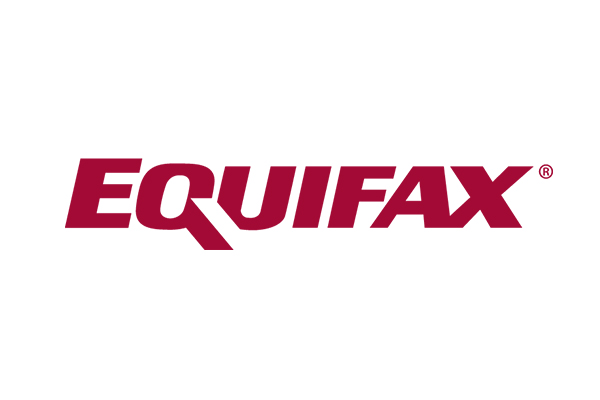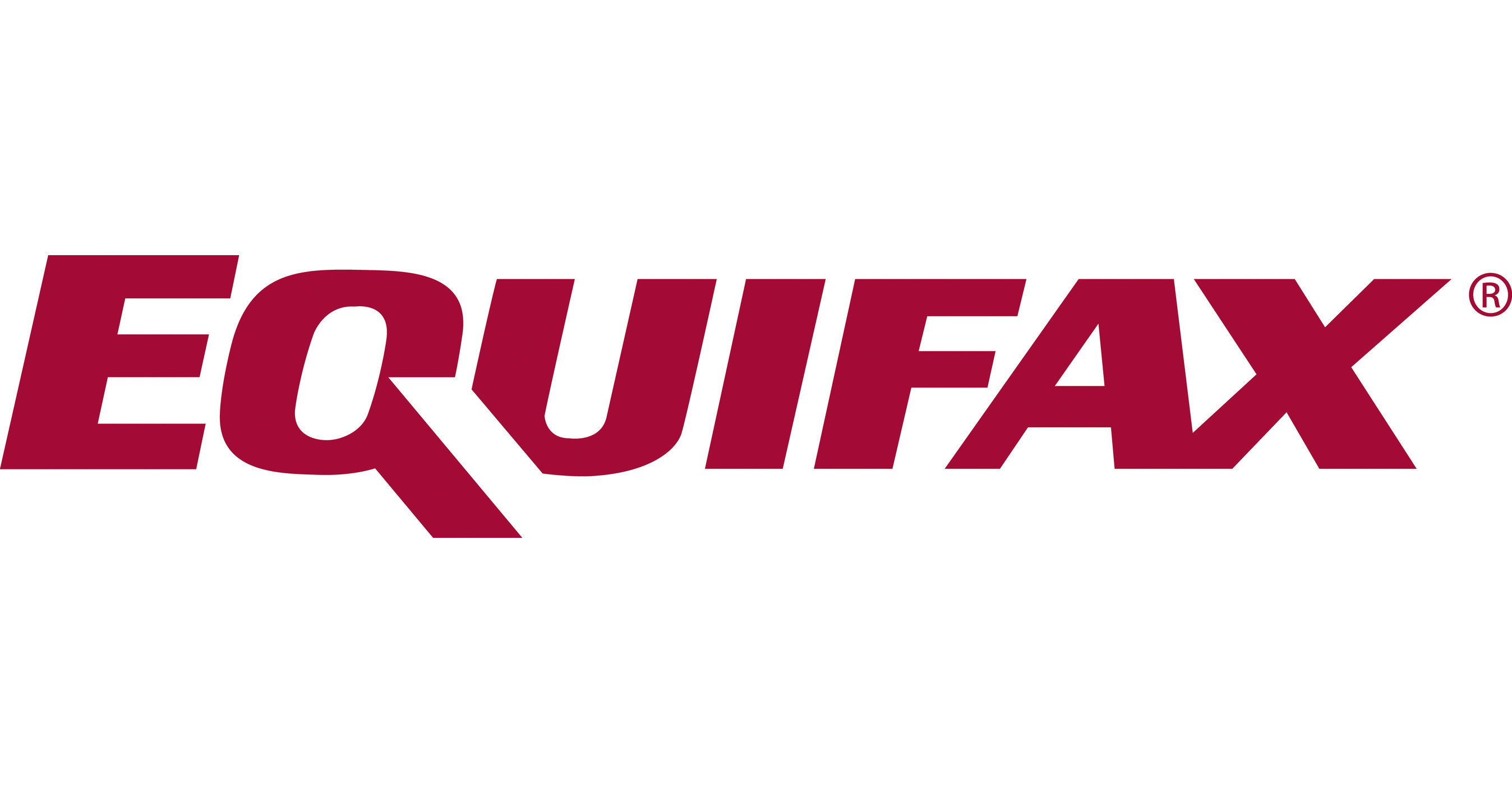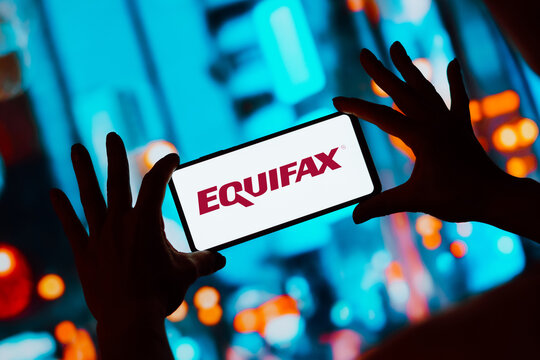Equifax Shares Drop 8% Despite Q2 Beat

Equifax (NYSE:EFX) reported stronger-than-expected second-quarter results, propelled by resilient mortgage revenue growth despite a challenging market backdrop. However, shares closed with an 8% loss yesterday.
Adjusted earnings came in at $2.00 per share, handily beating analyst expectations of $1.50. Revenue totaled $1.537 billion, above the $1.51 billion consensus, and marked a 7% year-over-year increase.
U.S. mortgage revenue rose 14%, defying broader market declines. Workforce Solutions revenue rose 8%, driven by a 10% increase in Verification Services. U.S. Information Solutions (USIS) revenue grew 9%, including a 20% jump in mortgage-related income.
For Q3 2025, Equifax guided revenue in the $1.505–$1.535 billion range and EPS of $1.87–$1.97, both broadly in line with consensus. The company maintained its full-year constant currency guidance but raised its full-year reported revenue forecast by $35 million and adjusted EPS by $0.03 to reflect favorable FX trends.
| Symbol | Price | %chg |
|---|---|---|
| 6532.T | 6840 | -0.75 |
| MEJA.JK | 162 | 0 |
| 4373.T | 4105 | 2.07 |
| 9757.T | 2498 | -0.16 |

Equifax Inc. (EFX) Financial Performance Analysis
- Equifax Inc. (NYSE: EFX) reported a revenue of $1.54 billion in Q3 2025, surpassing estimates and indicating a 7.2% year-over-year growth.
- The company's EPS of $2.04 exceeded the consensus estimate, showcasing its ability to generate higher earnings despite market challenges.
- Equifax's financial metrics reveal a P/E ratio of approximately 44.58 and a debt-to-equity ratio of about 0.96, highlighting its market position and financing strategy.
Equifax Inc. (NYSE: EFX) is a leading global data, analytics, and technology company that plays a pivotal role in the credit reporting industry, competing with giants like Experian and TransUnion.
On October 21, 2025, Equifax disclosed its financials for the third quarter ending in September 2025, Equifax's revenue reached $1.54 billion, marking a 7.2% increase from the previous year. This performance not only surpassed the Zacks Consensus Estimate of $1.52 billion but also resulted in a positive surprise of 1.53%. Despite facing headwinds in the U.S. hiring and mortgage sectors, Equifax's robust results led to an uplift in its full-year guidance.
The company's EPS for the third quarter stood at $2.04, an improvement from $1.85 the year before, and exceeded the consensus estimate of $1.93 by 5.7%. This demonstrates Equifax's capacity to enhance earnings. The company's resilience and adaptability in a challenging market environment are evident from its performance.
Delving into Equifax's financial metrics offers deeper insights into its standing in the market. With a price-to-earnings (P/E) ratio of approximately 44.58, it's clear that investors are willing to pay a premium for Equifax's earnings. The price-to-sales ratio of about 4.87 and the enterprise value to sales ratio of around 5.68 reflect the company's market valuation in relation to its revenue. Furthermore, a debt-to-equity ratio of about 0.96 suggests a balanced financing strategy, although the current ratio of approximately 0.77 indicates potential short-term liquidity challenges. Nonetheless, an earnings yield of 2.24% points to the potential for long-term growth, making Equifax a noteworthy entity in its sector.

Equifax (NYSE:EFX) Maintains "Buy" Rating Amidst Strong Q2 Results and Ongoing Uncertainties
- UBS maintains a "Buy" rating for Equifax (NYSE:EFX) with a price target of $278, despite the company's cautious outlook for the full year 2025.
- Strong Q2 performance driven by US mortgage activity and product innovation, with a notable shift towards cloud-based solutions.
- Guidance for Equifax Workforce Solutions (EWS) revised downward due to macroeconomic uncertainties, advising a hold on EFX shares in the near term.
Equifax (NYSE:EFX), a global data, analytics, and technology company known for its credit reporting services, received a "Buy" rating from UBS on July 23, 2025, with a "hold" action and a price target of $278. At that time, EFX was trading at $243.32, as reported by StreetInsider.
Equifax's strong second-quarter results for 2025 highlight its growth, especially in US mortgage activity and product innovation. This growth is largely due to its transition to cloud-based solutions. Despite these positive results, the company has kept its full-year 2025 guidance unchanged, reflecting a cautious outlook.
The company's management has revised the guidance for Equifax Workforce Solutions (EWS) downward. This revision is due to ongoing macroeconomic uncertainties and potential challenges in the latter half of the year. As a result, the recommendation remains to hold Equifax shares, given the limited visibility in near-term performance.
Currently, EFX is priced at $244.45, showing a price change of $6.04, which is an increase of approximately 2.53%. The stock has fluctuated between $240.01 and $244.67 today. Over the past year, EFX has seen a high of $309.63 and a low of $199.98.
Equifax's market capitalization is approximately $30.36 billion, with a trading volume of 658,481 shares. Despite the promising long-term strategies in cloud and data, the recommendation to hold EFX shares remains due to the uncertainties in the near-term performance.

Equifax Inc. (NYSE: EFX) Analysts' Price Target and Financial Performance
- The consensus price target for Equifax Inc. (NYSE: EFX) has been adjusted from $319.11 to $285, with Jefferies analyst Hamzah Mazari setting a higher target of $320.
- Equifax reported a 7% revenue increase to $1.53 billion, surpassing guidance by $27 million.
- The company has a positive Earnings ESP, indicating potential to exceed expectations, and has returned approximately $190 million in cash to shareholders.
Equifax Inc. (NYSE: EFX) is a global leader in data, analytics, and technology, offering a wide range of information solutions and human resources business process automation outsourcing services. The company operates through three main segments: Workforce Solutions, U.S. Information Solutions (USIS), and International. These segments provide services such as employment and income verification, credit information and scoring, fraud detection, and identity verification, catering to a diverse clientele across various industries and regions.
The consensus price target for Equifax has seen a decline over the past year, dropping from $319.11 to $285. This shift suggests a more cautious outlook from analysts. However, analyst Hamzah Mazari from Jefferies has set a higher price target of $320, indicating confidence in Equifax's performance. This optimism is supported by Equifax's recent financial results, which showed a 7% revenue increase to $1.53 billion, surpassing guidance by $27 million.
Equifax's earnings reports play a crucial role in shaping analysts' price targets. The company is experiencing positive momentum as it approaches the earnings season, with favorable revisions in its earnings estimates. According to Zacks, Equifax has a positive Earnings ESP (Earnings Surprise Prediction), suggesting the potential to exceed expectations. This aligns with the confidence expressed by Jefferies' analyst, who maintains a $320 price target.
Market conditions and strategic initiatives also impact analysts' perceptions of Equifax's stock. Despite challenges in the U.S. hiring and mortgage markets, Equifax has managed to return approximately $190 million in cash to shareholders. The company's strong performance in its USIS, international operations, and Workforce Solutions segments is anticipated to drive growth in its upcoming earnings report, further supporting the positive outlook from analysts.
Regulatory developments are another factor influencing Equifax's stock target prices. A recent survey by Kompliant and Equifax highlights the importance of advanced compliance technology in the financial sector. With 55% of financial firms adopting intelligent solutions for risk management, Equifax is at the forefront of transforming compliance into a strategic business advantage. This strategic direction is reflected in the $320 price target set by Jefferies' analyst, underscoring confidence in Equifax's role in the evolving compliance landscape.

UBS Reiterates Buy on Equifax, Sees Cloud and International Growth Driving Long-Term Upside
UBS reaffirmed its Buy rating and $315 price target on Equifax (NYSE:EFX), highlighting the company’s strong growth framework and significant long-term earnings potential, particularly if the mortgage market rebounds more meaningfully.
Equifax recently reaffirmed its long-term revenue growth target of 8–12%, countering expectations that it might scale that back to a more modest 7–10% range. UBS sees this as a positive signal, underpinned by the company's ongoing cloud transformation, which is expected to accelerate product development and enhance integration across its U.S. Information Solutions (USIS) and Employer Services (EWS) segments—together comprising nearly 80% of revenue.
The firm also sees sizable international expansion opportunities within a total addressable market exceeding $50 billion. While the outlook for the U.S. mortgage market remains cautious—with only modest 2–3% annual growth assumed through 2030—the base case doesn't factor in a full recovery. Should mortgage activity rebound more significantly, UBS estimates a potential 27% boost to 2030 EPS, increasing it to around $19 versus its current projection of $15.
UBS maintains that Equifax is well-positioned to deliver on its capital allocation plans, targeting $1.35 billion in 2025 and over $3 billion by 2030. Overall, the firm sees a compelling long-term investment case backed by strong execution, scalable infrastructure, and optional upside from cyclical recovery.

Equifax Tops Q1 Estimates, Hikes Dividend
Equifax (NYSE:EFX) delivered a stronger-than-expected start to 2025, with first-quarter results beating analyst forecasts, thanks to solid revenue gains across key business segments. The company also boosted its shareholder returns with a dividend increase and a fresh stock repurchase program.
Adjusted earnings came in at $1.53 per share on $1.44 billion in revenue, outpacing expectations of $1.50 and $1.40 billion, respectively. Total revenue grew 4% year-over-year, or 5% on a local currency basis, coming in $37 million above the midpoint of company guidance.
The quarter’s growth was led by a 7% jump in U.S. mortgage-related revenue within the Information Solutions unit, which helped lift segment revenue to $499.9 million. Workforce Solutions generated $618.6 million in revenue, up 3%, as Verification Services grew 5%. International sales inched up 1% on a reported basis and rose 7% in local currency to $323.5 million.
Despite ongoing macro uncertainty, Equifax reaffirmed its full-year guidance, projecting 6% local currency revenue growth and adjusted earnings of $7.45 per share.

Equifax Tops Q1 Estimates, Hikes Dividend
Equifax (NYSE:EFX) delivered a stronger-than-expected start to 2025, with first-quarter results beating analyst forecasts, thanks to solid revenue gains across key business segments. The company also boosted its shareholder returns with a dividend increase and a fresh stock repurchase program.
Adjusted earnings came in at $1.53 per share on $1.44 billion in revenue, outpacing expectations of $1.50 and $1.40 billion, respectively. Total revenue grew 4% year-over-year, or 5% on a local currency basis, coming in $37 million above the midpoint of company guidance.
The quarter’s growth was led by a 7% jump in U.S. mortgage-related revenue within the Information Solutions unit, which helped lift segment revenue to $499.9 million. Workforce Solutions generated $618.6 million in revenue, up 3%, as Verification Services grew 5%. International sales inched up 1% on a reported basis and rose 7% in local currency to $323.5 million.
Despite ongoing macro uncertainty, Equifax reaffirmed its full-year guidance, projecting 6% local currency revenue growth and adjusted earnings of $7.45 per share.







